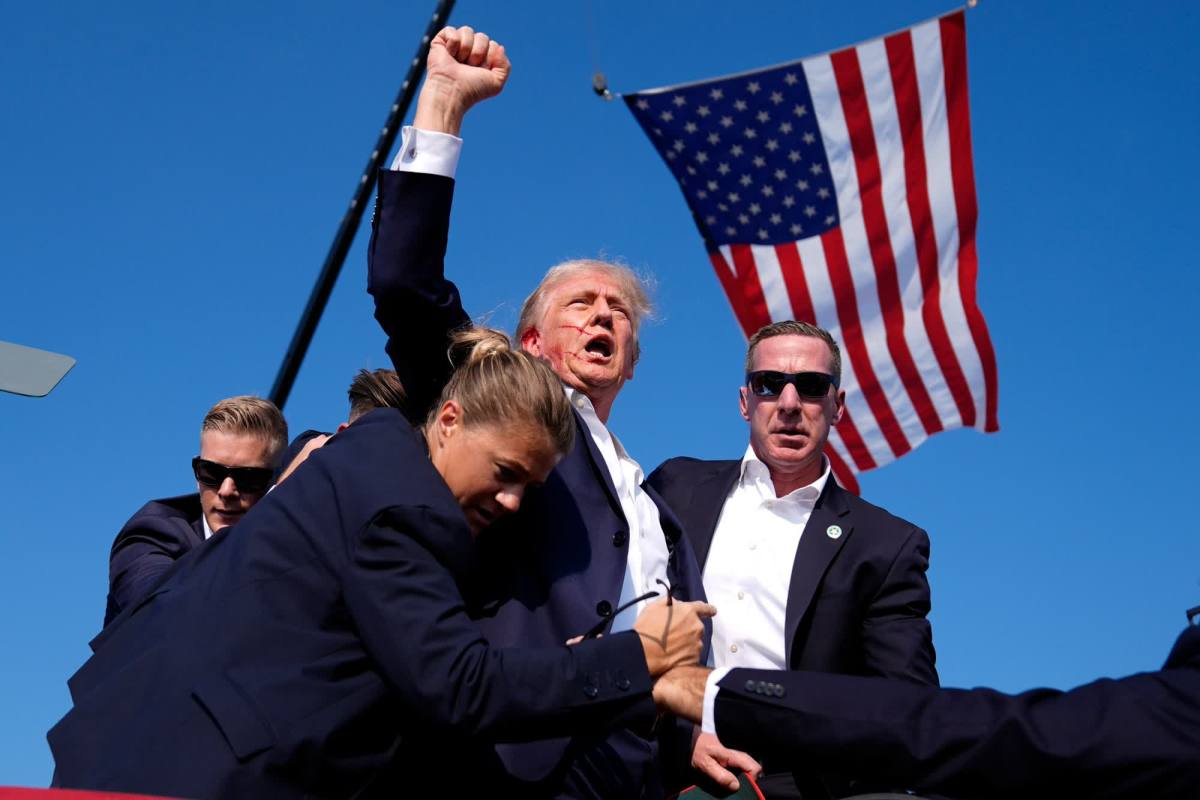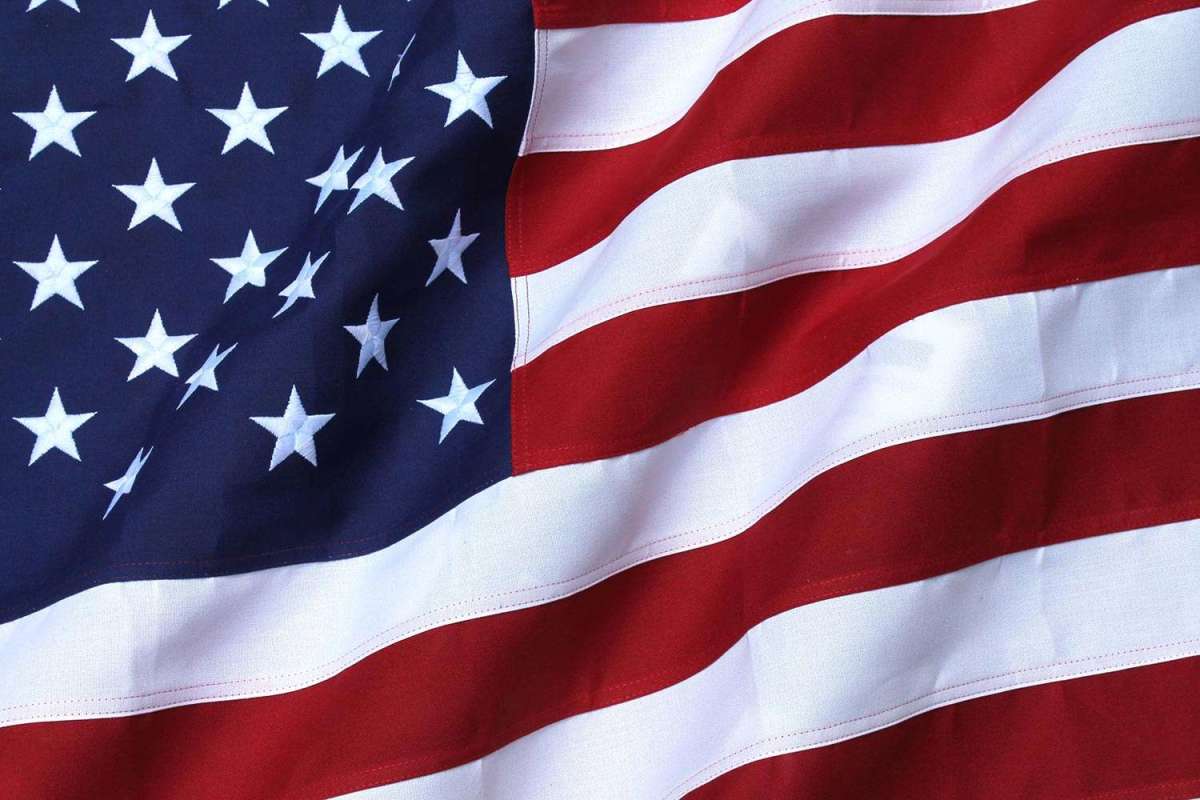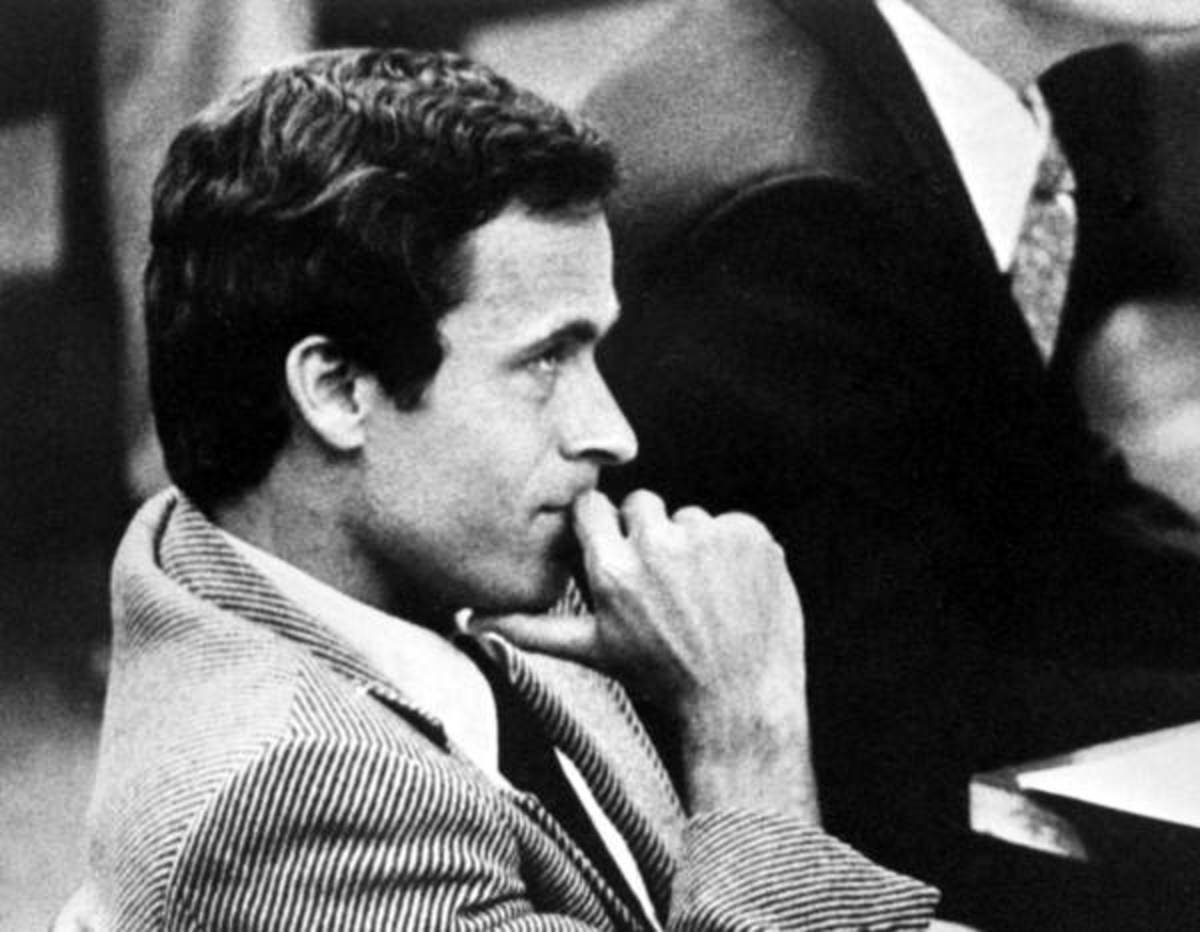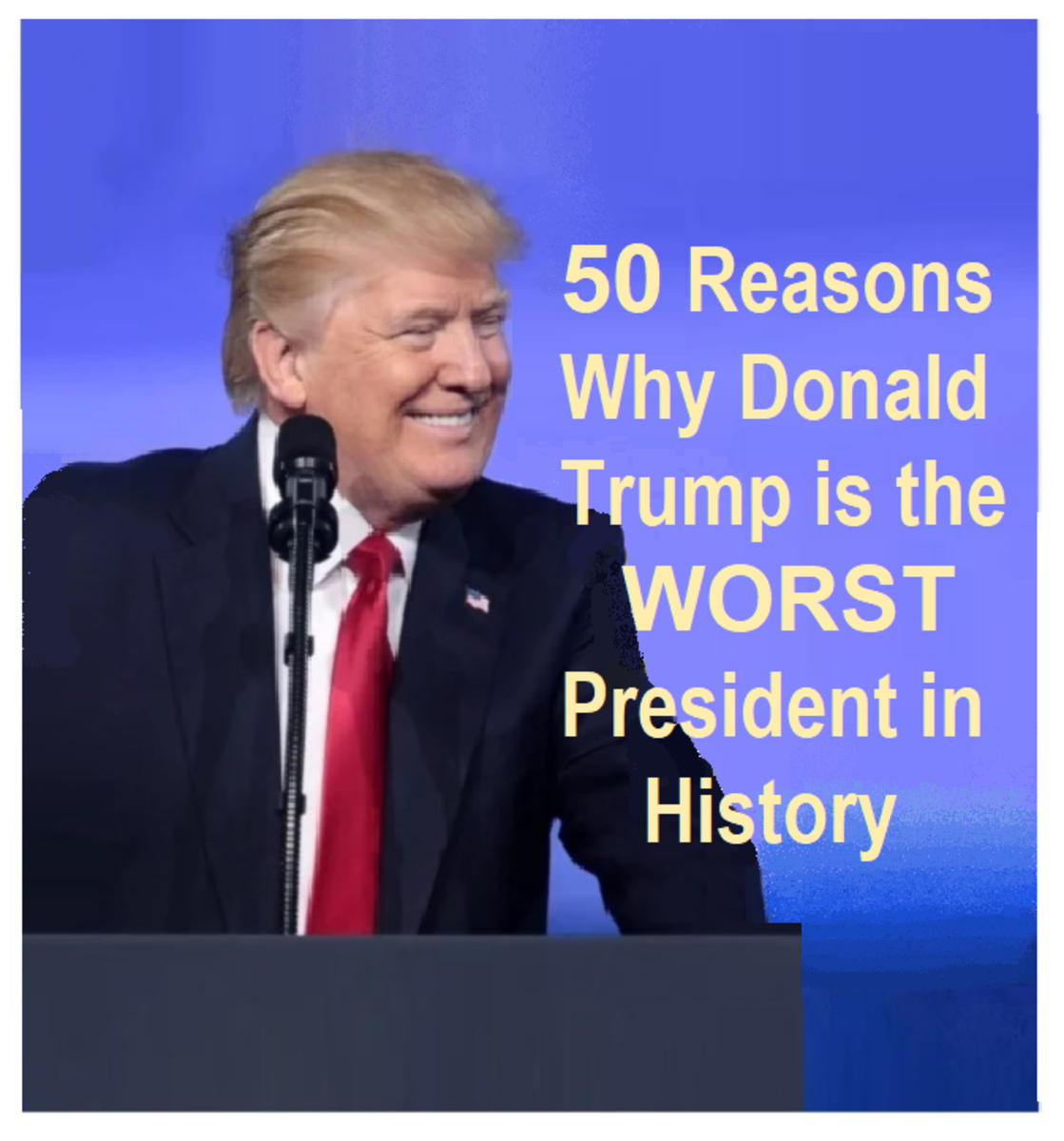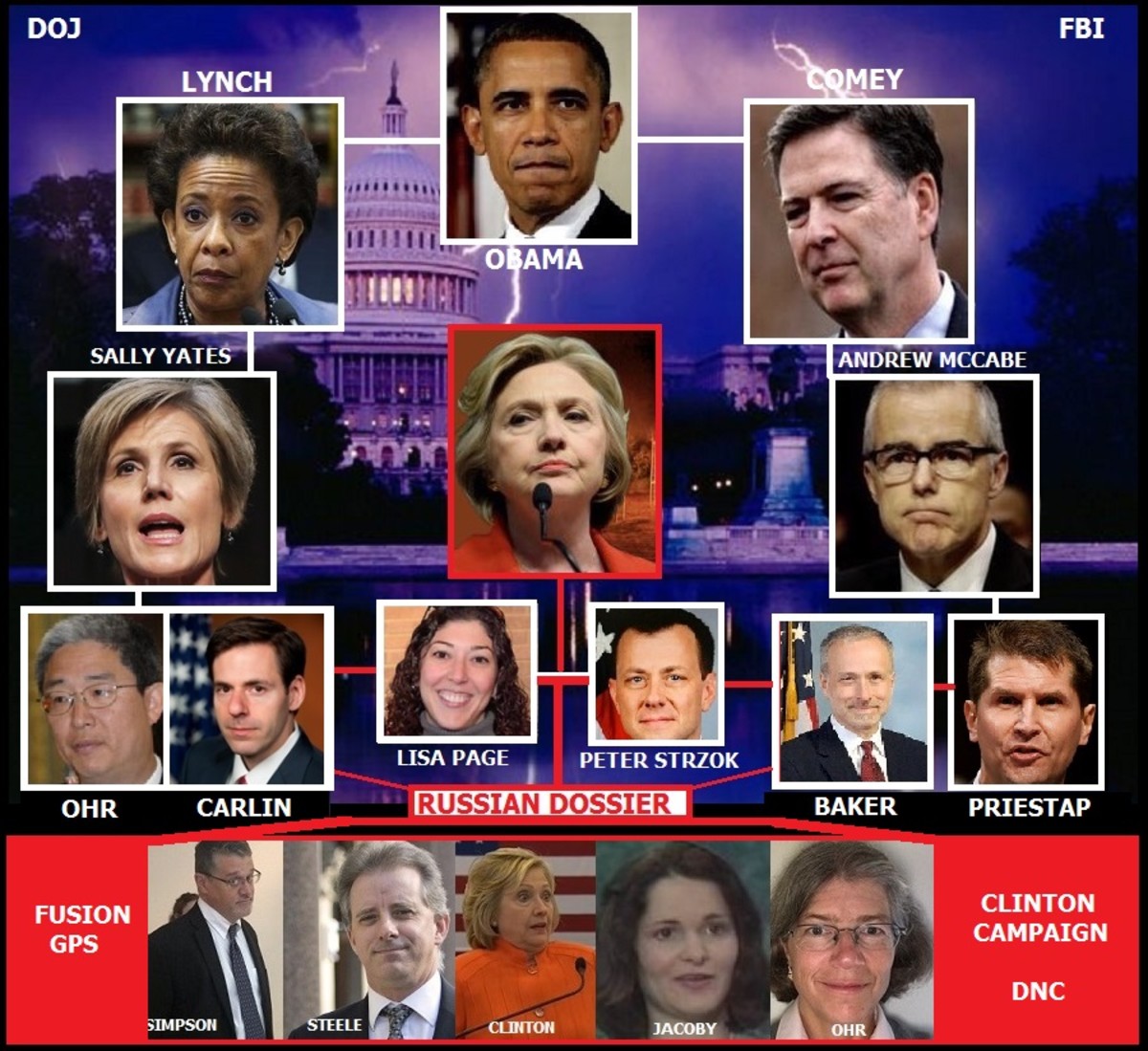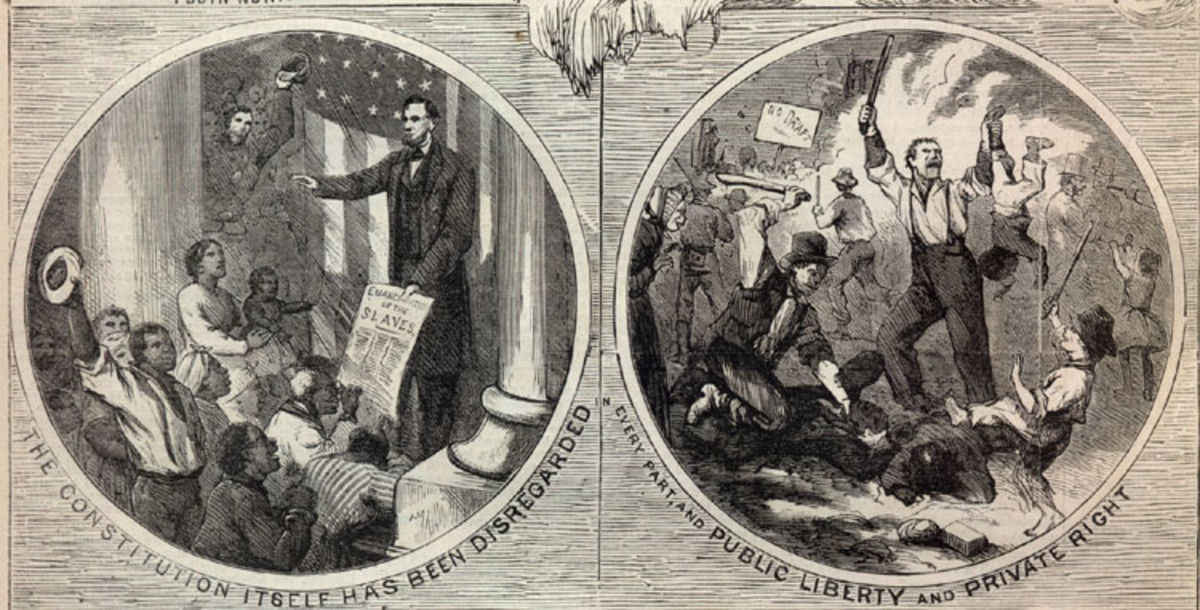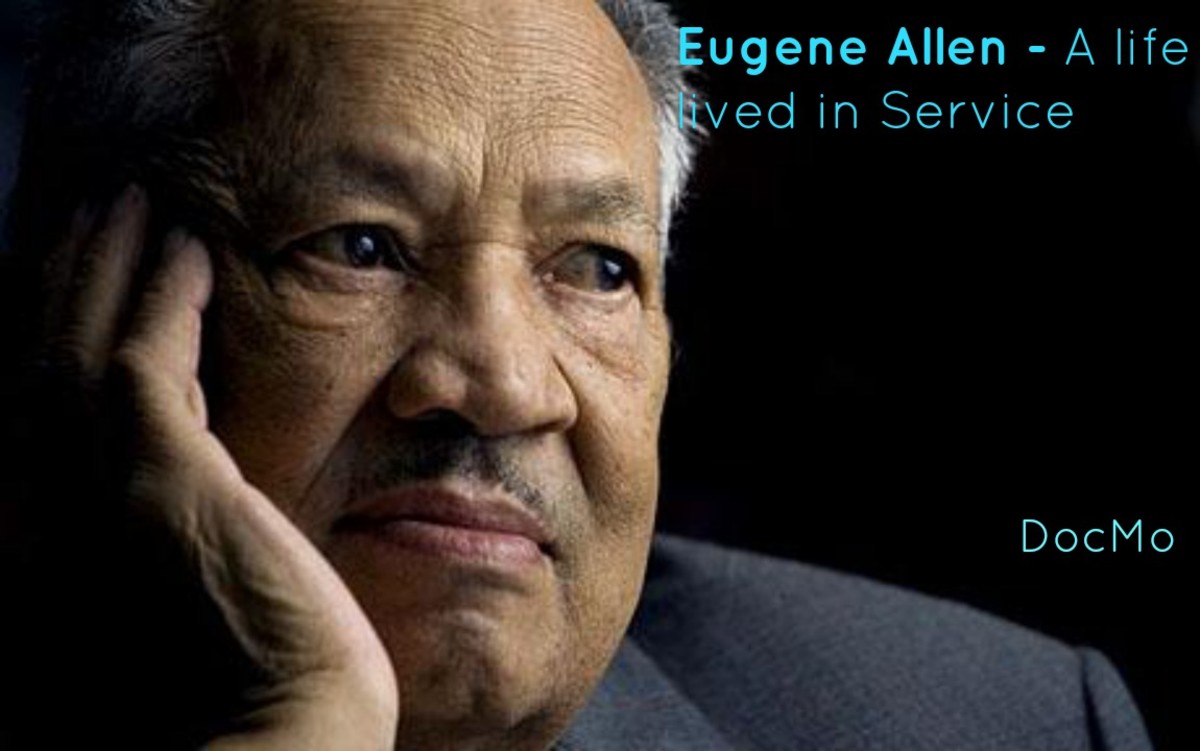The Mueller Report and Donald Trump; An Analysis - Part 5: Obstruction - The Evidence: Reaction to Sessions's Recusal
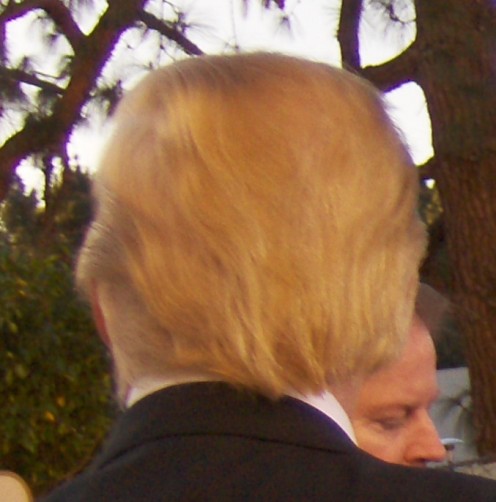
Attorney General Sessions Recuses Himself from the Russian Investigation
The second of Mueller's instances of obstruction by Donald Trump has to do with his reaction to the news that newly appointed Attorney General Jeff Sessions' recusal from anything Russian (March 2, 2017). Sessions did this after revelations that he, to be polite, "lacked candora with the Senate during his confirmation hearing where he claimed not to have met with various Russians including Ambassador Kislyak outside of official duties. Once that news broke, Donald Trump made several efforts to reverse the recusal, complaining that he "... wanted an Attorney General who would protect him ...".
On March 20, 2017, former Director Comey, in testimony to Congress, '... publicly disclosed the existence of the FBI's Russia investigation...". He did not, however, say that Trump himself was being investigated.
a Remember, acting FBI director Andrew McCabe was fired hours before he was due to retire for the same offence.
Donald Trump reached out to various heads of intelligence agencies seeking help in quashing the Russia investigation or at least putting a positive spin on it - he wanted to "... 'lift the cloud' of the ongoing investigation". The very same thing Richard Nixon did regarding Watergate. And thus begins the next instance of efforts by Trump to protect himself and limit the damage from the Russia counter-intelligence investigation. (At this point in time, Mueller had not been appointed and Trump himself was not under investigation.)
Obstructive Acts - Evidence
On March 2, 2017, Trump asked Don McGahn "... to contact Sessions to tell him not to recuse himself from the Russia investigation ..." Among other things, McGahn understood that to mean Trump wanted Sessions in place to protect him from the Russian investigation. Sessions said he was going to follow the advice of the DOJ counsel and recuse himself. Trump and various White House staff made several more attempts that day to get Sessions to change his mind - in the end, he didn't. Unlike his replacements in 2018 (when Trump finally fired him) and 2019 (conflicted Bill Barr), "Sessions believed the decision to recuse was not a close call , given the applicable language in the Code of Federal Regulations (CFR) , which Sessions considered to be clear and decisive." IMPORTANTLY, soon after, McGahn issued an memo which stated "... "No contact w/Sessions" and "No comms / Serious concerns about obstruction." As we will see Donald Trump ignored this advice.
Early in March, Trump pulled Sessions aside at Mar-a-Lago and "... suggested that Sessions should "unrecuse" from the Russia investigation ...". Sessions told the Mueller team that he had the "... impression that the President feared that the investigation could spin out of control and disrupt his ability to govern, which Sessions could have helped avert if he were still overseeing it."
On March 6, Trump "... wanted to call the Acting Attorney to determine "General to find out whether the White House or the President was being investigated ... " - Presidents are NOT supposed to do that, but Trump did.
On March 9, Comey briefed the "Gang of Eight" on the status of the Russia investigation. When this gets back to Trump, according notes taken by McGahn's chief of staff Annie Donaldson, "... POTUS in panic/chaos ... Need binders to put in front of POTUS. All things related to Russia ..."
As mentioned, on March 20, Comey testified to Congress that yes, the FBI had a counter-intelligence investigation going on regarding Russian interference in the 2016 Presidential election but he wouldn't verify, based on guidance from DOJ whether Trump was personally being investigated or not. Trump was mad and ordered McGahn to ".. to intervene with the Department of Justice, and, according to the notes, the President was "getting hotter and hotter, get rid? ". Trump didn't leave it there.
Trump had McGahn contact Boente many times "... to seek Bronte's assistance in having Comey or the Department of Justice correct the misperception that the President was under investigation ..." (the media was suggesting it). While Boente doesn't recall specific conversations, he did remember one where
"... McGahn asked if there was a way to speed up or end the Russia investigation as quickly as possible. Boente said McGahn told him the President was under a cloud and it made it hard for him to govern. Boente recalled telling McGahn that there was no good way to shorten the investigation ..."
McGahn probably reported that to Trump who then "... sought to speak with Boente directly , but McGahn told the President that Boente did not want to talk to the President about the request to intervene with Comey."
In the following weeks, Trump reached out to various heads of intelligence agencies.
- On March 22, Trump contacted former Senator Dan Coats, the Director of National Intelligence, as well as CIA Director Mike Pompeo, and asked them to "whether they could say publicly that no link existed between him and Russia." - they declined
- On March 26, Trump contacted Admiral Mike Rogers, NSA Director, and "expressed frustration with the Russia investigation, saying that it made relations with the Russians difficult. The President told Rogers "the thing with the Russians [ wa]s messing up" his ability to get things done with Russia. The President also said that the news stories linking him with Russia were not true and asked Rogers if he could do anything to refute the stories." - he didn't
- Both Coats and Rogers testified to Congress that they never felt pressured to do anything unethical or illegal.
- On March 30, Trump said to Comey "he was trying to run the country and the cloud of this Russia business was making that difficult." He then asked "what could be done to 'lift the cloud' " To which Comey responded "that we were running it down as quickly as possible and that there would be great benefit, if we didn't find anything, to our Good Housekeeping seal of approval, but we had to do our work." Comey also told Trump he was not personally being investigated. Trump repeatedly said that "We need to get that fact out." Comey reported this conversation to Boente requesting that he, Comey, was not comfortable having direct contact with Trump.
- Nevertheless, on April 11, Trump called Comey again saying he was "following up to see if [Corney] did what [the President] had asked last time-getting out that he personally is not under investigation." Comey responded that he had passed that request on to Boente but did know the outcome and that the "proper" way this should be done is have McGahn contact the appropriate DOJ official.
Nexus - Evidence
The nexus is clear, what Trump was trying to do is influence, to his advantage, the counter-terrorism investigation into Russia and his campaign - an official investigation.
Corrupt Intent - Evidence
Keep in mind that Corrupt Intent mean, in part, to "acting knowingly and dishonestly or 'with an improper motive ... with the specific intent to subvert, impede or obstruct' the relevant proceeding". With regard to this set of actions taken by Trump, what do we have to show he "intended" to affect the outcome? I would offer the following:
- "President regularly urged officials to get the word out that he had not done anything wrong related to Russia." - trying to change whatever narrative he thought would result from the investigation
- Michael Dempsey, a senior ODNI official said that "Coats described the President's comments as falling "somewhere between musing about hating the investigation" and wanting Coats to "do something to stop it" Please note that Coats does not remember it that way. But in any case, Coats told the president he didn't want to get involved. Two other ODNI officials support Dempsey's recollection to include "Coats was upset because the President had asked him to contact Comey to convince him there was nothing to the Russia investigation."
- Later, Trump told Coats "I can't do anything with Russia, there's things I'd like to do with Russia, with trade , with ISIS , they 're all over me with this". and again pushes Coats to help to which Coats responds that he needs to let the investigations go on.
- To NSA director Admiral Michael Rogers Trump said "the thing with the Russians [ wa]s messing up" his ability to get things done with Russia. The President also said that the news stories linking him with Russia were not true and asked Rogers if he could do anything to refute the stories."
- Most incriminating is this - a few days after Trump contacted Comey, he told aides "The President acknowledged that McGahn would not approve of the outreach to Comey because McGahn had previously cautioned the President that he should not talk to Comey directly to prevent any perception that the White House was interfering with investigations." In other words, Donald Trump knows what he is doing is wrong.
The Analysis
Obstructive Acts - Analysis
Mueller points out the "obstructive act" wasn't any single action by Trump. Instead it was the series of attempts, as outlined above, to get others to intervene in some fashion on his behalf to mitigate the impact of the investigation on him, personally, and his presidency.
Nexus - Analysis
At the time Trump started his "outreach" to officials, the investigation "did not yet involve grand jury proceedings." BUT, Trump's reaction was directly correlated to Comey's announcement of the investigation and that "include an assessment of whether any crimes were committed."
Corrupt Intent - Analysis
First, did Trump intend to try to influence the Russian investigation and its impact on him and his presidency? And second, did Trump understand that his "outreach" was wrong? If so, then that fits the definition of "corrupt". Well, from the evidence, it seems clear Trump wanted people to do something to help clear his name by changing the course of the investigation. Given that, then you have Trump's admission that he was aware from Don McGahn that doing his outreach was wrong.
That is Corrupt Intent in my book.
© 2019 Scott Belford

